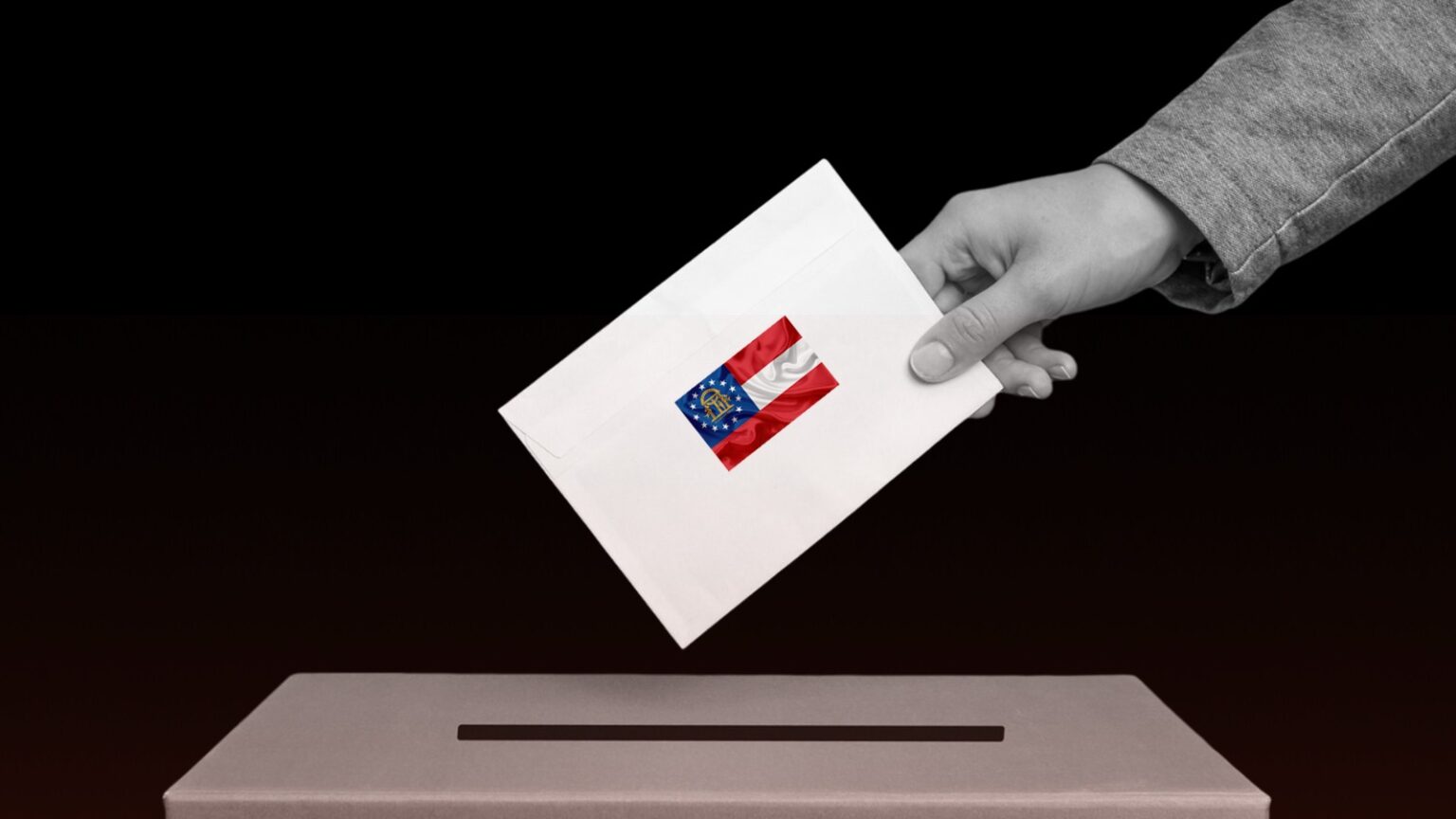Record Early Voting Turnout in Georgia Signals Intense 2024 Election Battle
The battleground state of Georgia kicked off early voting with record-breaking numbers, as 328,000 residents cast their ballots in person or by mail on the first day, more than doubling the previous record of 136,000 set in 2020. This surge in participation reflects heightened voter engagement in the state, which played a pivotal role in the last presidential election when Joe Biden narrowly won by less than 12,000 votes, marking the first Democratic victory in Georgia since Bill Clinton in 1992.
Securing Georgia’s 16 electoral votes is seen as crucial for either candidate’s path to victory in the upcoming election, with political analysts from FiveThirtyEight noting that the state could significantly influence the overall outcome. Despite Biden’s previous win, The poll tracker on October 10 indicated that former President Donald Trump held a slight lead over Biden, with a one-point advantage in the state.
Legal Controversies and Campaign Events
The record turnout coincided with legal developments in the state’s election process. A judge temporarily halted a controversial new rule requiring hand-counting of ballots on Election Day, a measure passed by Georgia’s pro-Trump election board. Proponents argued the change was intended to enhance election security and transparency, while critics, particularly from the Democratic Party, warned it could lead to chaos and delays in finalizing the results.
Amid these developments, Donald Trump held a campaign rally in Atlanta, arriving 90 minutes late but immediately drawing attention to billionaire Elon Musk’s support. Trump highlighted Musk’s contributions to his campaign, which amounted to approximately $75 million over three months, showcasing the tech mogul’s crucial financial backing for the Republican’s bid to reclaim the White House. At the event, Trump defended his protectionist trade policies and fiscal strategies, downplaying concerns about potential economic fallout and expressing his fondness for tariffs.
Harris and Democratic Efforts to Counter Trump’s Momentum
Vice President Kamala Harris ramped up her campaign efforts to rally support, particularly among Black voters. In an interview with radio host Charlamagne tha God, Harris pledged to decriminalize marijuana, push for police reforms, and highlighted her past record as a prosecutor. Her campaign’s financial efforts have also been significant, with the Harris Victory Fund raising $633 million from July to September—over a third more than what Biden raised in the same timeframe for his 2020 campaign.
The Harris-Walz ticket also rolled out plans to appeal to rural voters, unveiling initiatives to bolster rural healthcare, including recruiting 10,000 healthcare professionals through scholarships and loan forgiveness programs. The plan also emphasized economic and agricultural policies designed to compete with Trump’s support base in rural America.
Other Election-Related Developments
In Arizona, a judge denied a request to mandate the verification of citizenship for 42,000 voters registered only for federal elections, citing the timing and lack of legal standing for the plaintiffs. The ruling ensures these voters will be able to participate in the election without additional verification hurdles, amid ongoing debates over election integrity in the closely watched state.
Meanwhile, President Joe Biden spoke in support of Harris, asserting that she would bring a fresh perspective to the nation’s challenges if elected. Biden contrasted Harris’s approach with Trump’s, describing the latter’s policies as outdated and fundamentally dishonest.
Senate Races and Legal Disputes
In a notable Senate debate in Texas, Republican Senator Ted Cruz and Democratic challenger Colin Allred clashed over key issues, including abortion and immigration, as they vie for a seat that could be pivotal in determining control of the Senate. Allred, who was present during the January 6 Capitol attack, criticized Cruz for initially planning to object to the election certification, accusing him of hiding during the assault.
In a separate incident, the estate of musician Leonard Cohen issued a cease-and-desist order to the Trump campaign after a recording of Cohen’s song “Hallelujah,” performed by Rufus Wainwright, was played at a campaign event in Pennsylvania. The unauthorized use of the song at the event, which saw several attendees requiring medical attention due to high temperatures, drew further condemnation from Wainwright.
Broader Implications
The strong turnout in Georgia underscores the high stakes and intense polarization surrounding the 2024 election. With legal disputes, campaign drama, and strategic efforts to win key voter demographics, the race is shaping up to be one of the most fiercely contested in recent history. As early voting progresses, Georgia’s role as a bellwether state remains central to both parties’ electoral strategies.


